MONTESSORI PRINCIPLES
Our Philosophy


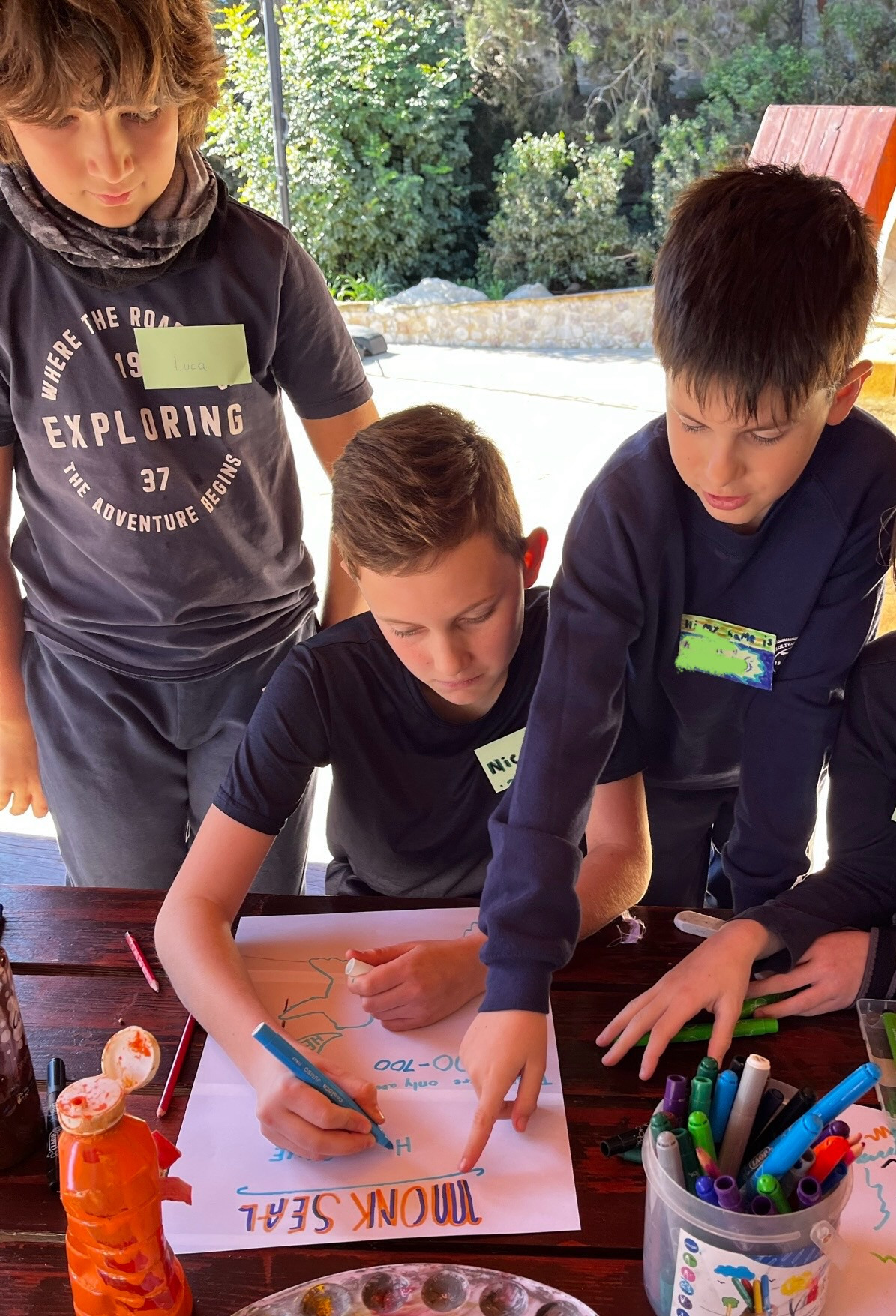
Montessori Basic Principles
-
Freedom within Limits
The work that the children do is child directed. The guide gives a presentation (lesson) to a child on a given Montessori material and then the child is free to use this material when he or she chooses. The children are free to choose where and what to work on in the classroom with the guidance of the teacher. Each piece of work has a purpose.
-
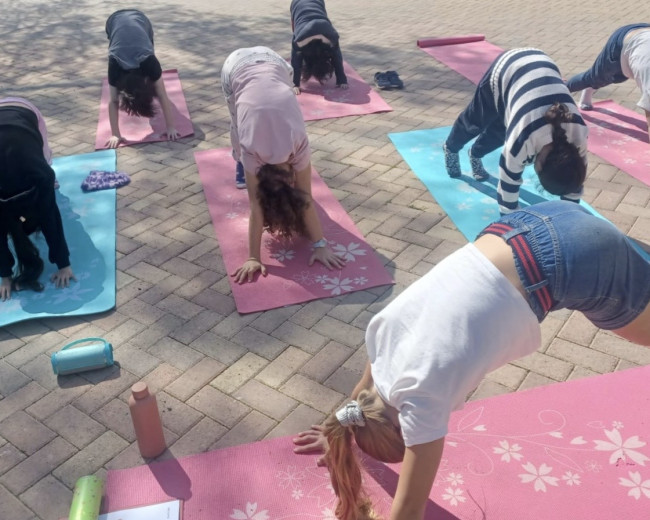
Educating the Whole Child
Montessori education focuses on looking at each child in a holistic perspective. The emotional, physical, spiritual and social aspects are all catered for.
-
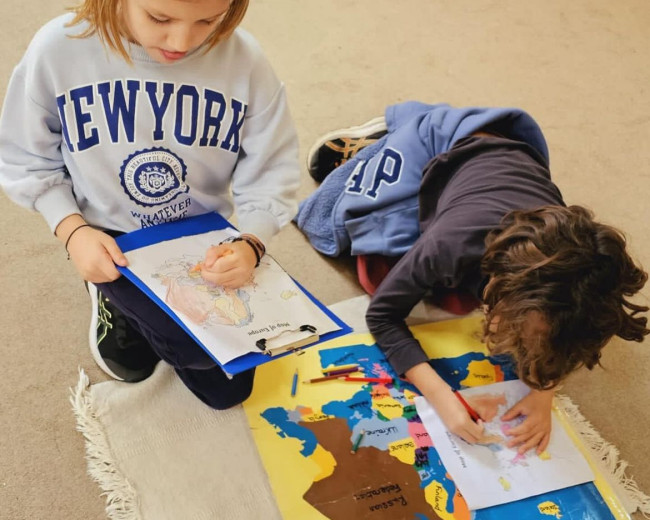
Uninterrupted Three Hour Work Cycle
Montessori schools have an uninterrupted three hour work cycle. All subjects are covered in this work cycle which allows the children to be involved deeply in the Montessori materials and remain fully engaged.
-
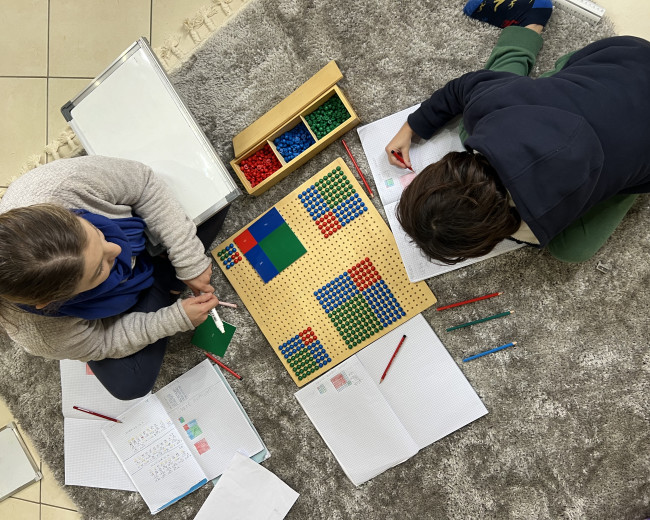
Role of the Teacher
In a Montessori environment, the teachers are most commonly referred to as guides. The role of the guide is to give the children tools to be able to learn independently. The role of each guide is to observe each child and to present materials to them when they are ready.
-
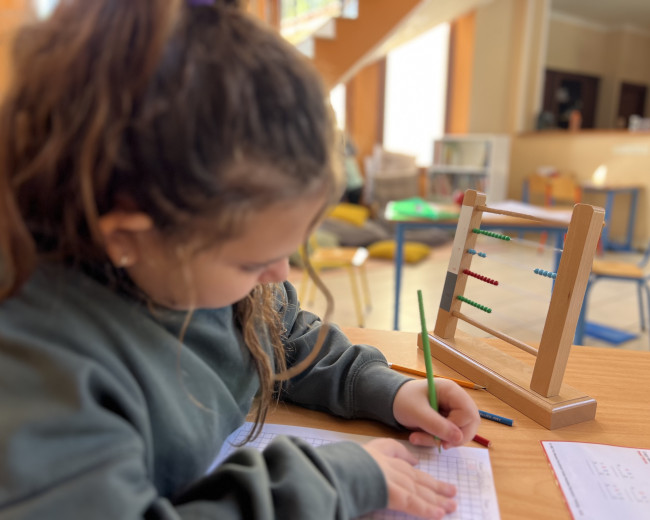
Mixed-Age Classrooms
Montessori classrooms are made up of mix ages, most commonly within a three year range, 3-6, 6-9 and 9-12. Children learn from each other and peer education is always encouraged. The older students are able to solidify their knowledge of a given topic when teaching it to their younger peers. This occurrence happens on a daily basis.
-
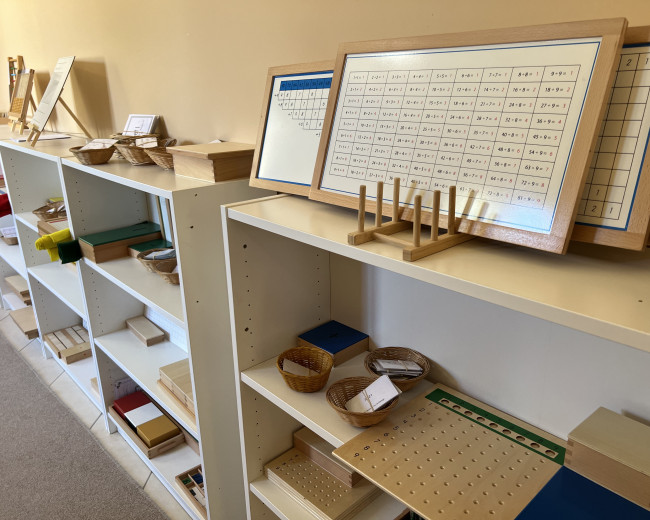
Prepared Environment
All Montessori classrooms are called Prepared Environments. They are designed to encourage the children to interact with the materials, to provide opportunities for self-correction as well as to learn from their own mistakes. The children are able to learn and explore independently in a beautiful environment.
-
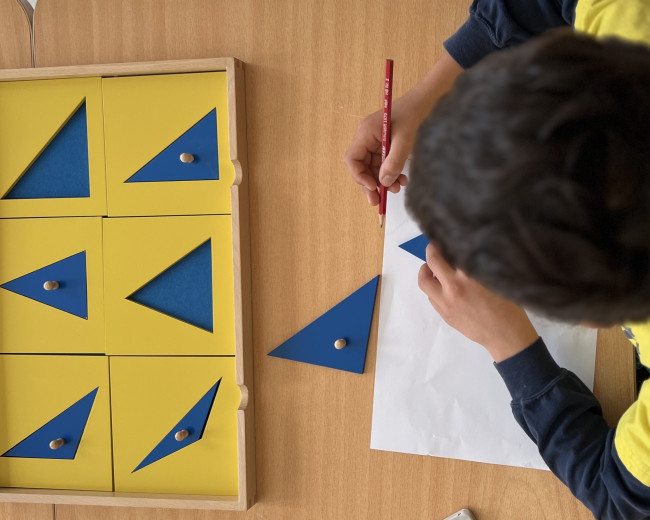
Individualised Learning
Each child is looked at individually. In a Montessori environment the students work on various subjects and on different academic levels. The children work independently and choose work which they need to practice as well having individualised lessons.
-
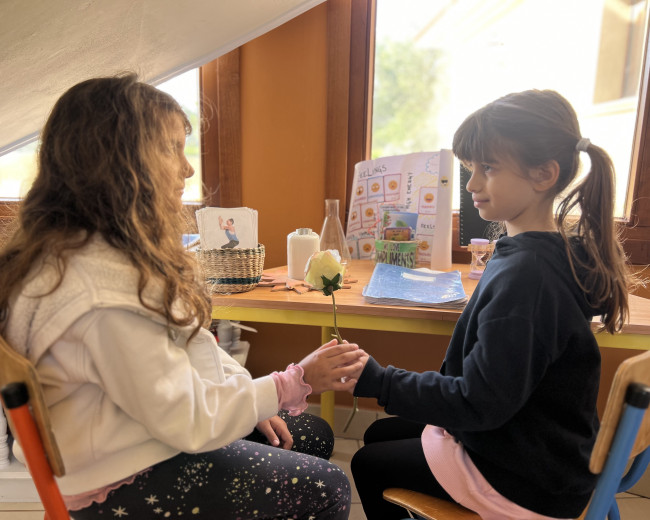
Grace and Courtesy
Grace and Courtesy are an integral part of the Montessori curriculum. They prepare the children for social life norms in order for them to sustain friendships and relationships which will benefit them throughout their lives.
-
Cosmic Education
Cosmic Education refers to all things that are interconnected in our universe. The children are in the center of the universe and each living thing has a task to carry out. It is an integral part of the Montessori elementary curriculum, which allows the children to question the world which they live in and obtain a better understanding of it
-
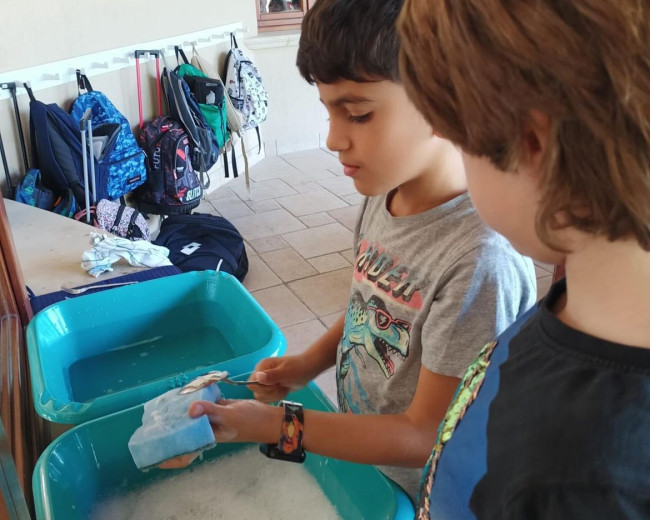
Respect
Maria Montessori advocated that all children should be treated equally and with respect. Children should be allowed to make choices, to think and learn for themselves as well as to not be interrupted when concentrating on work. Children should be allowed to learn from their mistakes and we as adults should have a regard for their feelings, needs and rights.
